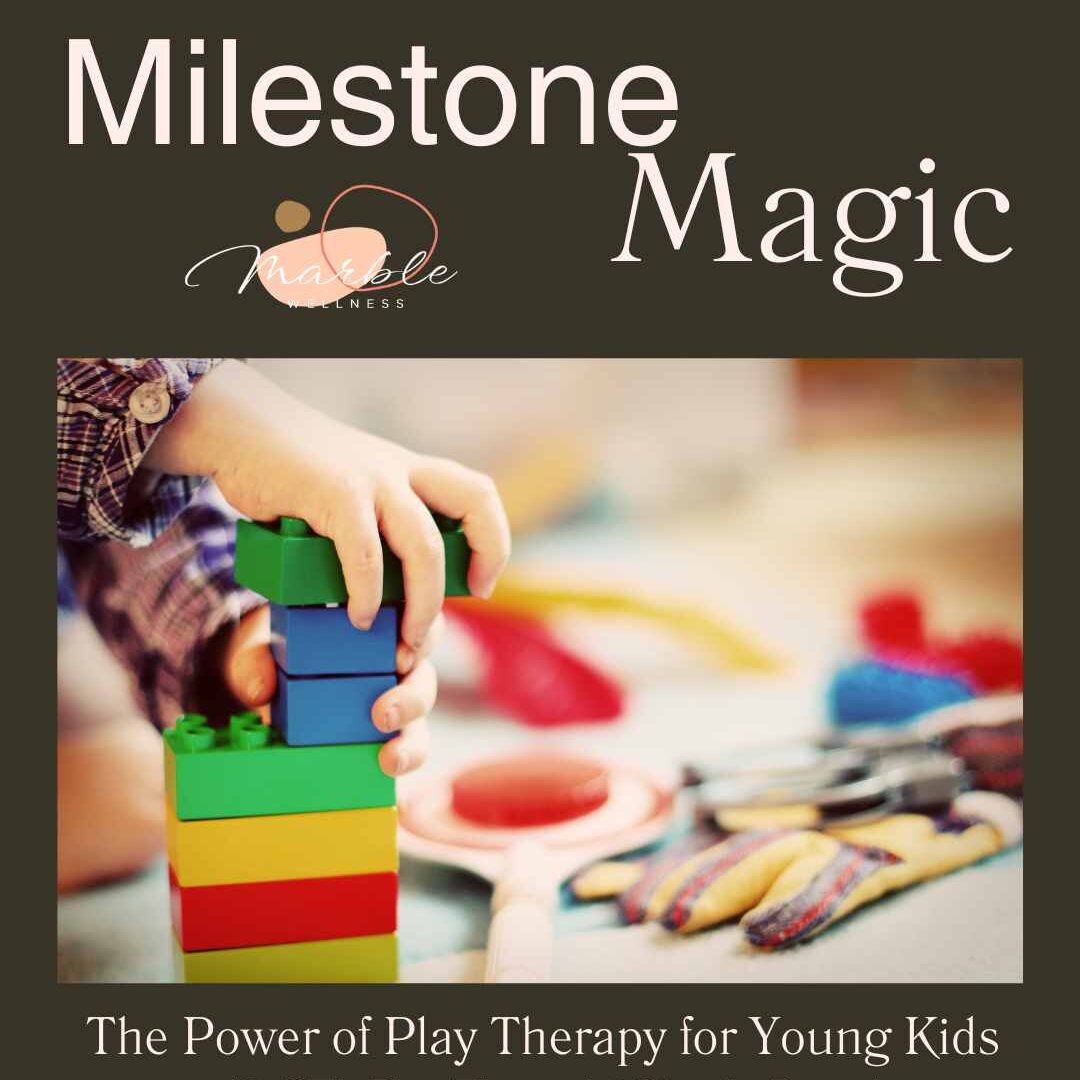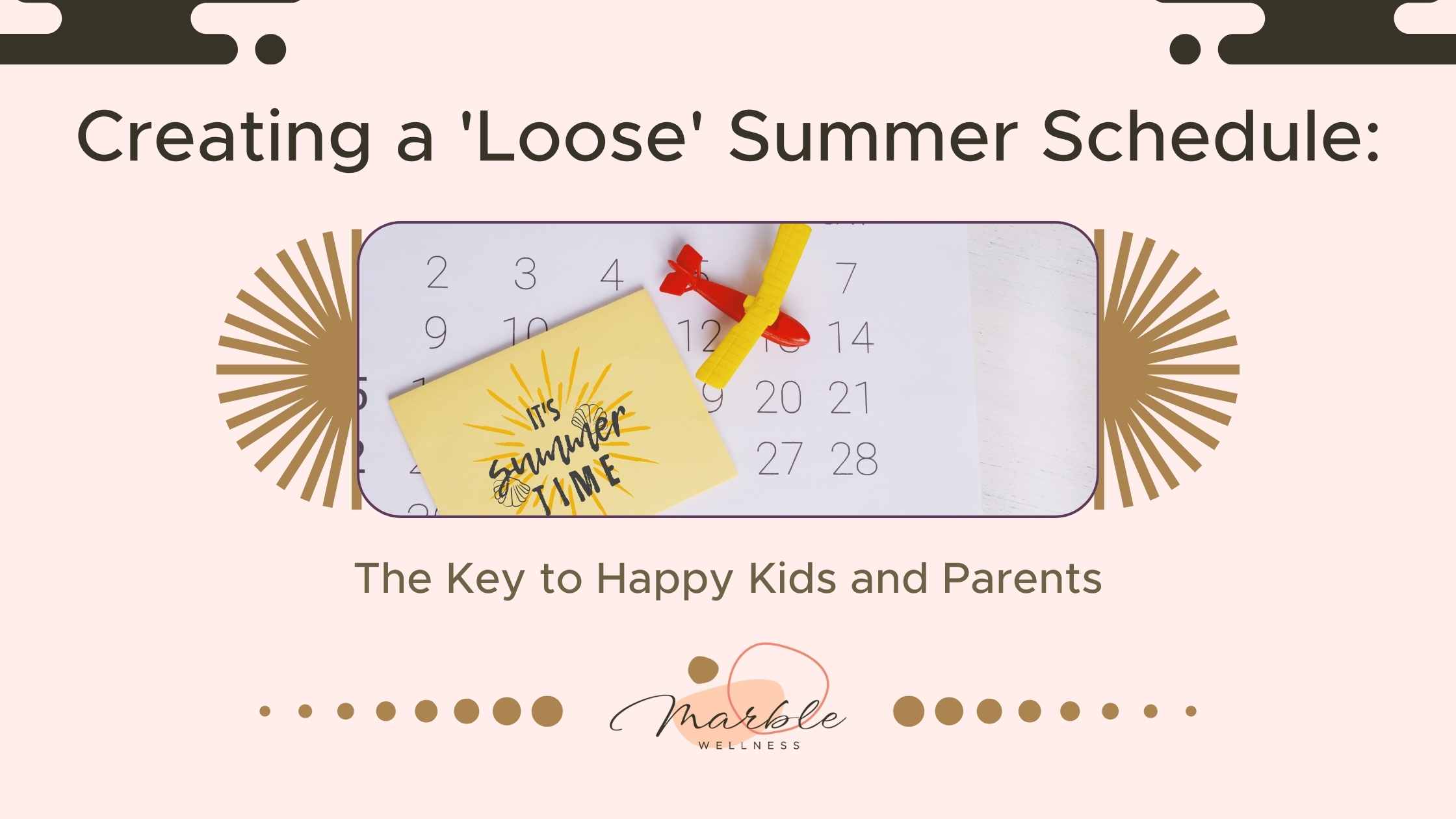Imagine a summer where your family enjoys both the freedom of unscheduled afternoons and the comfort of a gentle routine. No frantic rushes, no endless “What’s next?”—just a rhythm that allows for laughter, connection, and a little bit of calm for everyone. If that sounds appealing, you’re not alone. For many parents in Ballwin, Chesterfield, and across St. Louis, the secret to a joyful summer lies in creating a “loose” schedule: a flexible framework that keeps kids grounded without sacrificing spontaneity. Here’s how to strike that balance and make this summer your family’s happiest yet.
The Benefits of a Flexible Schedule
Rigid routines can feel stifling, especially when school’s out and the days stretch long and bright. But a complete lack of structure often leads to chaos, crankiness, and endless screen time battles.
A loose summer schedule offers the best of both worlds:
- Predictability: Kids know what to expect, which reduces anxiety and meltdowns.
- Freedom: There’s room for creativity, adventure, and those magical, unplanned moments.
- Harmony: Parents get a break from constant decision-making, and everyone gets more quality time together.
With a flexible routine, you’re not tied to the clock—but you do have a gentle guide that helps your family move through the day with purpose and ease.
Setting a Basic Framework
A successful loose schedule starts with a simple framework. Think of it as the scaffolding that holds up your summer, allowing for both routine and relaxation.
Establishing Morning and Bedtime Routines
Start and end each day with familiar rituals. Mornings might include breakfast together, a quick tidy-up, and a few minutes of reading or quiet play. Evenings could involve a walk around the neighborhood, storytime, or a family gratitude practice.
- Tip: Keep wake-up and bedtime within a consistent range (even if it’s later than during the school year) to help kids’ bodies and minds stay regulated.
Planning Regular Meals and Snacks
Hunger is one of the biggest triggers for crankiness (in kids and adults!). Set regular times for meals and snacks, and involve your children in planning or preparing food.
- Idea: Try a weekly “make your own lunch” day or create a snack basket with healthy choices kids can grab independently.
Scheduling Downtime and Relaxation
It’s tempting to fill every hour with activities, but downtime is essential for recharging. Build in quiet time after lunch or in the late afternoon, where everyone reads, draws, or simply rests.
- Tip: For younger kids, call it “quiet time” instead of “nap time” to reduce resistance. For older kids, encourage solo hobbies or screen-free relaxation.

Incorporating Flexibility
A loose schedule is all about balance: enough structure to prevent chaos, but plenty of space for fun and surprises.
Leaving Space for Spontaneity and Improvisation
Don’t overschedule! Leave open blocks in your day for whatever strikes your family’s fancy—an impromptu trip to the park, a backyard water balloon fight, or a cozy movie afternoon when a thunderstorm rolls in.
- Tip: Use a whiteboard or family calendar to jot down ideas for spontaneous adventures.
Encouraging Children to Plan Activities
Give kids a voice in how they spend their time. Let them choose a daily or weekly activity, or brainstorm a “summer bucket list” together.
- Idea: Assign each child a day to be “activity captain,” responsible for picking and helping set up the main event.
Being Open to Changes and Adjustments
Plans will change—someone will get sick, the weather won’t cooperate, or a friend will invite your child over at the last minute. Embrace these changes as part of the adventure, not as disruptions.
- Tip: Model flexibility by saying things like, “Looks like our picnic will be inside today! Let’s make it special with a blanket fort.”
Managing Expectations
A flexible schedule only works when everyone is on the same page. Clear communication and a little patience go a long way.
Communicating Plans and Changes Clearly
Let your children know what to expect each day, even if it’s just a rough outline: “After breakfast, we’ll have some playtime, then go to the library, and after lunch, it’s quiet time.”
- Tip: Use visual schedules or simple checklists for younger kids who benefit from seeing the plan.
Being Adaptable and Patient
When things don’t go as planned (and they won’t, sometimes!), take a deep breath and remind yourself—and your kids—that flexibility is a skill worth practicing. Frustration is normal, but it’s also an opportunity to model resilience.
- Idea: Turn disappointments into learning moments: “I know you were looking forward to swimming, but the pool is closed. What’s something else we could do that would be fun?”
Prioritizing Quality Time Together
Ultimately, the goal of a loose schedule is to create more space for meaningful connection. Whether it’s a family board game night, a walk in the park, or just lingering over breakfast, prioritize moments that bring you closer.
- Tip: End each day by sharing “highs and lows” or something you’re grateful for, fostering appreciation and togetherness.
Achieving Balance with a Flexible Schedule
A loose summer schedule isn’t about perfection—it’s about creating a rhythm that supports both joy and sanity. By blending gentle routines with room for spontaneity, you help your kids feel secure and empowered while giving yourself permission to relax and enjoy the season.
Start Therapy in the St. Louis Area
At Marble Wellness, we know that every family’s balance looks a little different. If you’re feeling overwhelmed by the demands of summer or struggling to find a routine that works, our therapists in St. Louis and St. Charles are here to help you create a plan that fits your unique needs. Not only do we have a team of therapists in Ballwin, MO, but we have also recently expanded to serve the Lake St. Louis and Wentzville area! Reach out to our Client Care Coordinator today to discuss your therapy options, both in-person and via online therapy in Missouri.
Contact Us!
Learn About Our Group Offerings

Additional Counseling Services at Marble Wellness in St. Louis, MO
Marble Wellness Counseling services are designed to help set you on a path of living a more fulfilled, calm, and happy life. Our St. Louis area therapists have a variety of training backgrounds and areas of expertise. We specialize in anxiety, depression, grief, chronic illness, therapy for men, couples, and maternal overwhelm. Our practice also helps new moms with various postpartum concerns, moms in the thick of parenting, and moms with teens. We can also chat from wherever you are in the state with online therapy in Missouri. No matter where you are in your journey, we are here to help you thrive!








